Most people who have spooned a 90-pound Labrador Retriever will tell you that dogs do not need their own beds. That said, perhaps you have lost your mind to romance, and your new book feels differently (in which case, you may need tips on choosing the perfect lover). Maybe your fur-baby has been humoring you, and he or she would enjoy a sleep space of his or her own. Should you find yourself in the market for a dog bed, some tips for selecting the right one for your best friend are below.
Bust out the tape measure
You may envision your dog curled up in a ball on that new bed but err on the side of too big when purchasing one. Measure your dog from head to tail and add at least 9 inches to determine the correct size. The chances are that he or she will grow attached to this bed, and beyond the 12 or more hours a day spent sleeping, your dog will likely choose it as the go-to spot for chilling. Given the amount of time your dog will lie on this bed daily, he or she should have the required room to stretch out.
Acknowledge your chewer
Once, a puppy in my home annihilated an oversized bed in the image of a bear in the 30 minutes it took for a grocery run. On their best behavior, puppies chew as they are teething, although most will eventually grow out of this. Still, some dogs are chewers to their very core, and others take up chewing in their senior years as a means of maintaining their teeth and jaws. Be sure to choose a bed with some durability and a non-toxic filler that could not become a choking hazard.
Consider your dog’s age
In addition to their teething phase, puppies sleep approximately 20 hours a day. While you shop for a bed with some sturdiness, also look for one that is particularly plush. Until your puppy is house-trained, you will also want a bed with a removable cover to wash it regularly. Older dogs may display some orthopedic problems, in which case you should consider a bed with memory foam or polystyrene pellets to ease any joint and pain issues.
Be mindful of your dog’s habits
Is your dog the outdoors type who takes pleasure in rolling in the poop of other animals? If so, research cedar beds, as cedar is an odor and insect repellent. Is he or she clingy or a blatant sufferer of separation anxiety, with a need to be at your feet every moment you spend together? Then you will want a bed in a shape that will fit in the spot closest to where you spend most of your time at home. Did your chewer grow up to become a digger? If so, you already know the perfect dog bed, and it may involve fabric with rip-stop weaving.
Accommodate your dog’s special needs
In addition to various emotional and physical concerns, dogs may have other special needs to be taken into account in purchasing the right bed for them. You love them madly, but they do smell. We are not talking about how some canine inner ears smell like corn chips. Your dog stinks to high heaven, naturally. He or she may be allergic to several things or have a problem maintaining the proper body temperature. Whatever the issue, trust that there is a dog bed to accommodate it.
Conclusion
Consumers are spoiled for choice when it comes to most purchases in the marketplace, which can make the process of choosing any product overwhelming. Above all else, please take this advice: Do not skimp when it comes to providing for your canine companion. You will replace a cheap bed several times and spend more in the long run than you would if you invested in a high-quality product in the first place. If you lack the means to provide for a dog, do not adopt one. Dogs will love you unconditionally until they die and deserve the very best that we can give them, and this includes our choices in dog beds.

 DogExpress
DogExpress


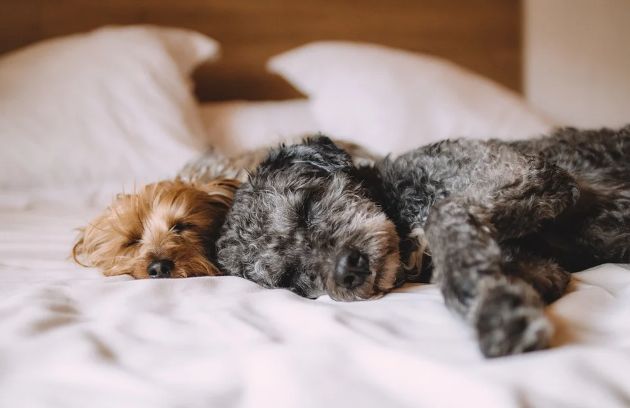
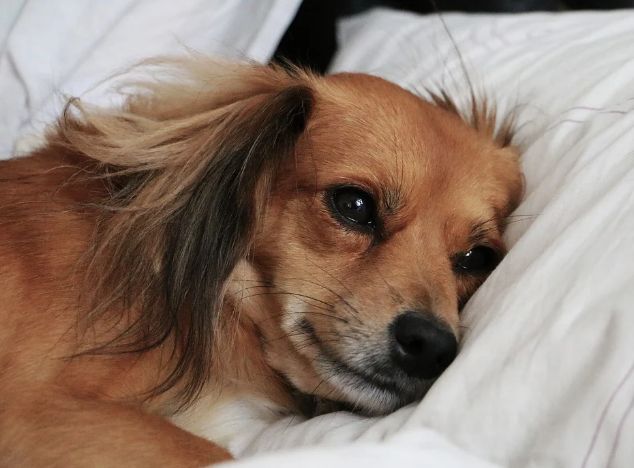
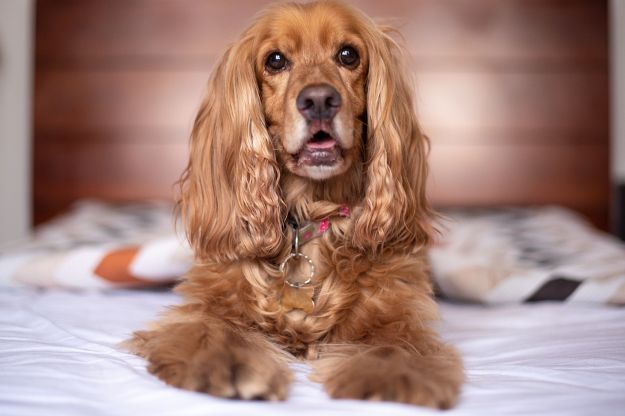
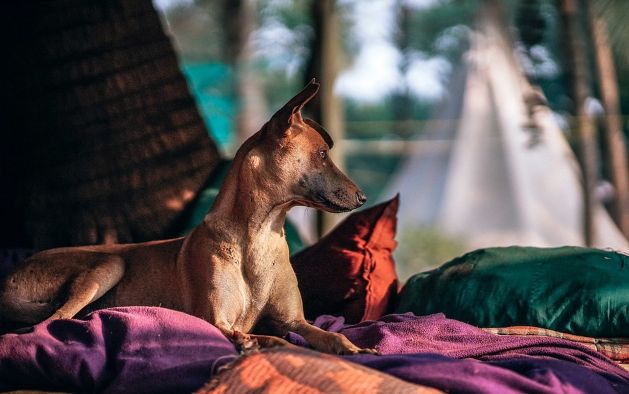

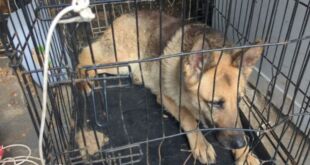














 in Chandigarh, India.
in Chandigarh, India. 
